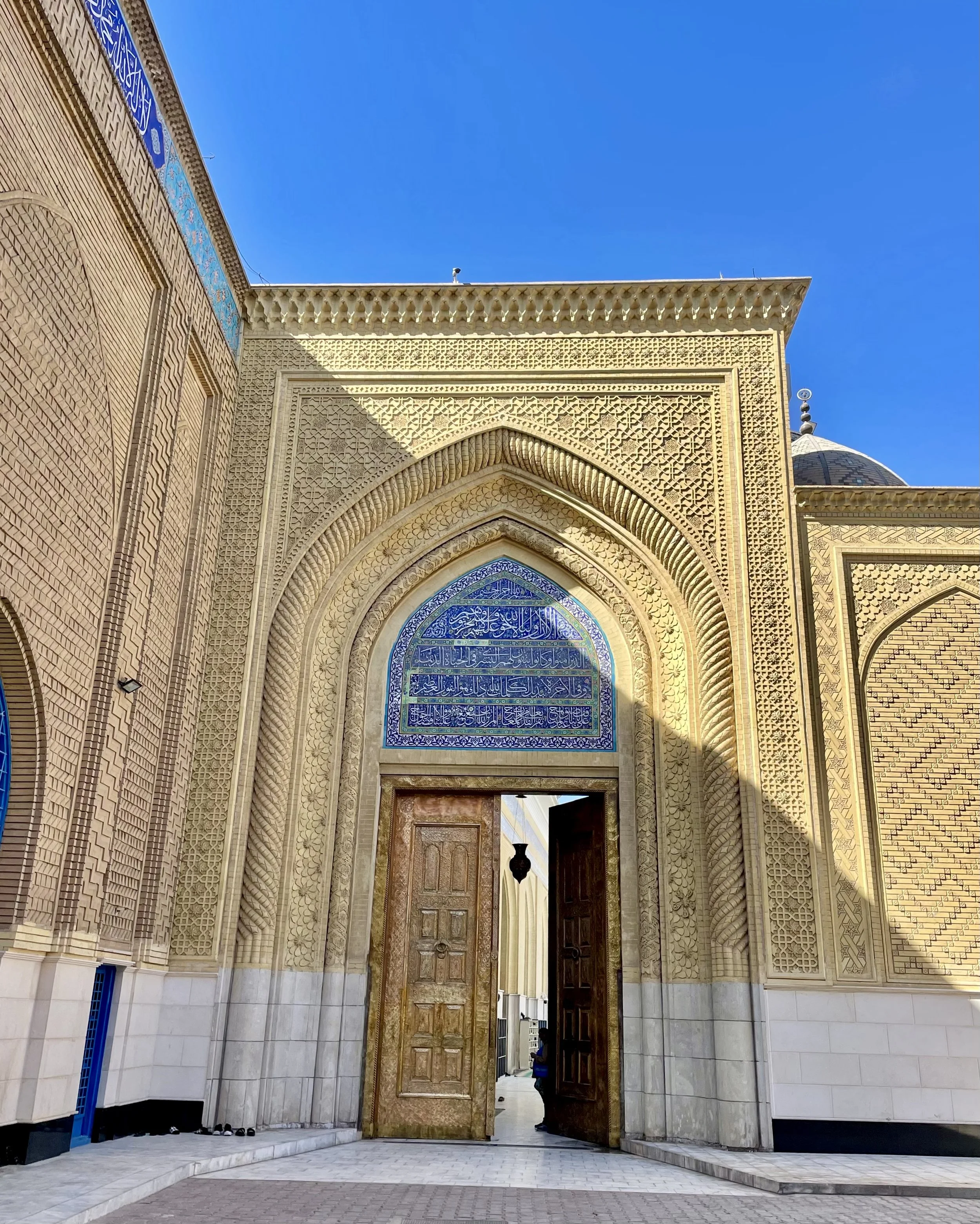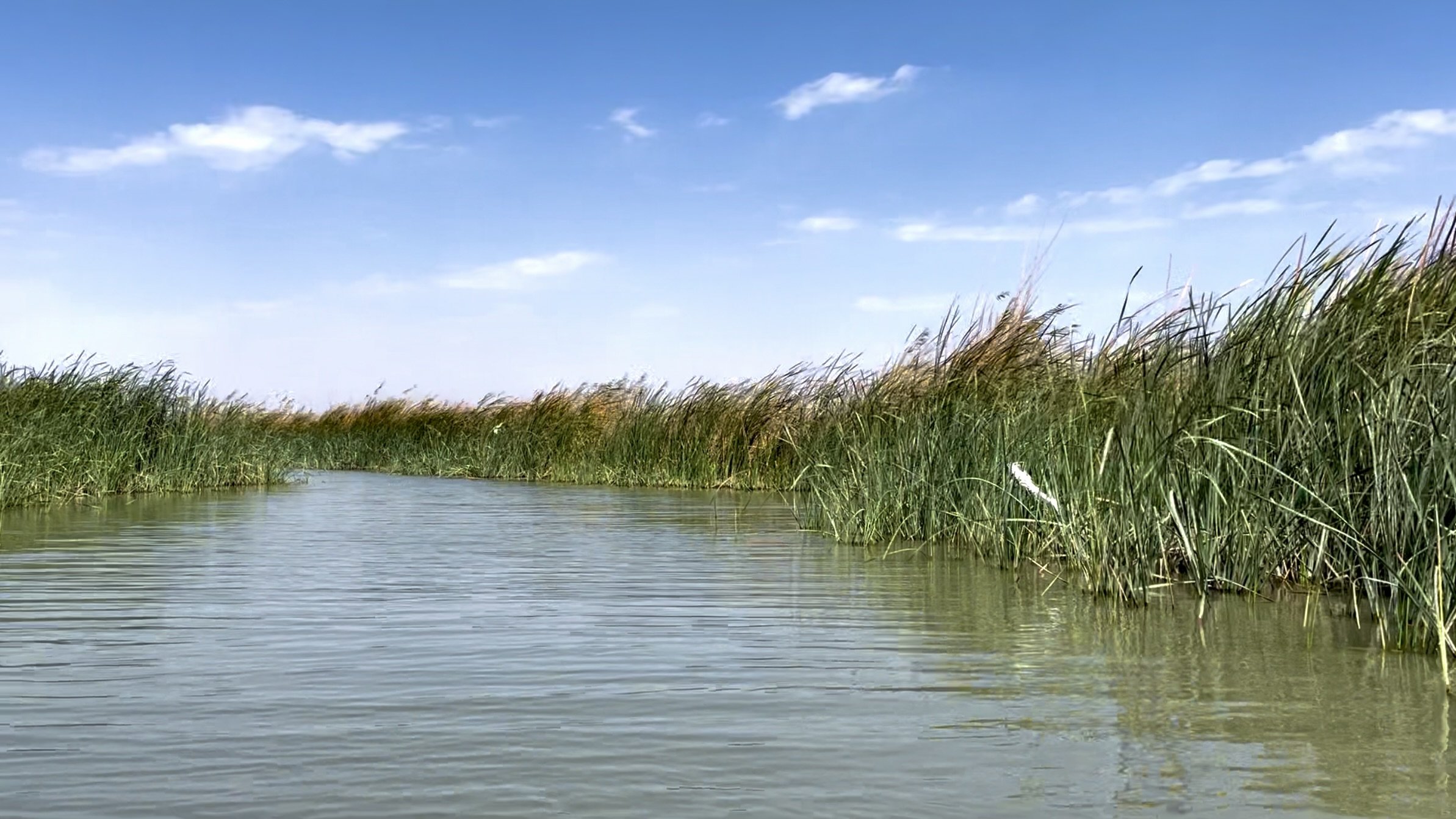
A Modern Iraq Convening
The Modern Iraq Convening brings together a new generation of international scholars sharing an interest in Modern Iraqi studies. All have carried out extensive fieldwork in or about Iraq. The objective of this day of presentations and discussion is to establish an international community of researchers focusing on Iraq in a multi- and cross-disciplinary fashion, in order to foster exchanges, encourage collaboration, and expand academic networking in the field. We hope our first convening can serve as the foundation for an annual meeting, either online or in-person, and for the establishment of an online platform on Iraqi Studies in dialogue with other Iraq-focused academic networks.
Attendance at this virtual event is free and open to all, but you must register to receive the Zoom link. This program will be conducted in English and will not be recorded.
Program
Times are listed in Central European Time (CET)
2:00–2:45 PM (CET)
Welcome & Opening
Peter Wien
Keynote
The Early Modern and the Modern - Thoughts on Iraqi Jews and the Archival Turn
Orit Bashkin
2:45–4:00 PM (cet)
Panel I: Knowledge, Culture, and Everyday Life
Chair: Kiki Santing
Assad Regime Archives: Between Transitional Justice and Historical Sources in the Shadow of Iraq
Michael Brill
The Role and Challenges of Cultural Studies in Understanding Modern and Contemporary Iraq
Antonio Pacifico
Ottoman Intellectuals and the Arab Renaissance in Iraq
Annie Greene
Treating the Nation: Public Health, Disease and the Body in Iraq 1930s-1970s
Rebecca Irvine
Idle Days and Nights: Leisure, Entertainment, and Everyday Life in Modern Iraq
Pelle Valentin Olsen
4:00–4:30 PM: Break (cet)
4:30–5:45 PM (cet)
Panel II: Political Thought, Movements, and Discourse
Chair: Pietro Menghini
The Sadrist Political theology of action
Fabio Merone
A socio-ethnographic approach of partisan domination in the Patriotic Union of Kurdistan’s controlled territories
Tom Préel
Human Rights According to the Iraqi Ba'th Socialist Party
Lily Hindy
Enshrining Division: The Origins of Ethno-Sectarian Power-sharing in post-2003 Iraq
Joseph Kotinsly
5:45–6:15 PM (cet): Break
6:15–7:30 PM (cet)
Panel III: Urban Transformations
Chair: Peter Wien
State–Society Relations and the Politics of Infrastructure in Baghdad’s Sadr City
Ansar Jasim
Urban Resilience in Baghdad: How Actors Survive, Adapt, and Innovate Amid Prolonged Crises
Aleksandra Wojtaszek
Made in Iraq: urban planning, reconstruction, and change during international sanctions
Dorota Woroniecka-Krzyzanowska
Beyond the ‘Holy’: the Case of the Holy Cities in Iraq
Thibaud Laval
Shi`i City: The Najafi Cultural Revival and the Emergence of Modern Iraq
Christopher Cooper-Davies





































